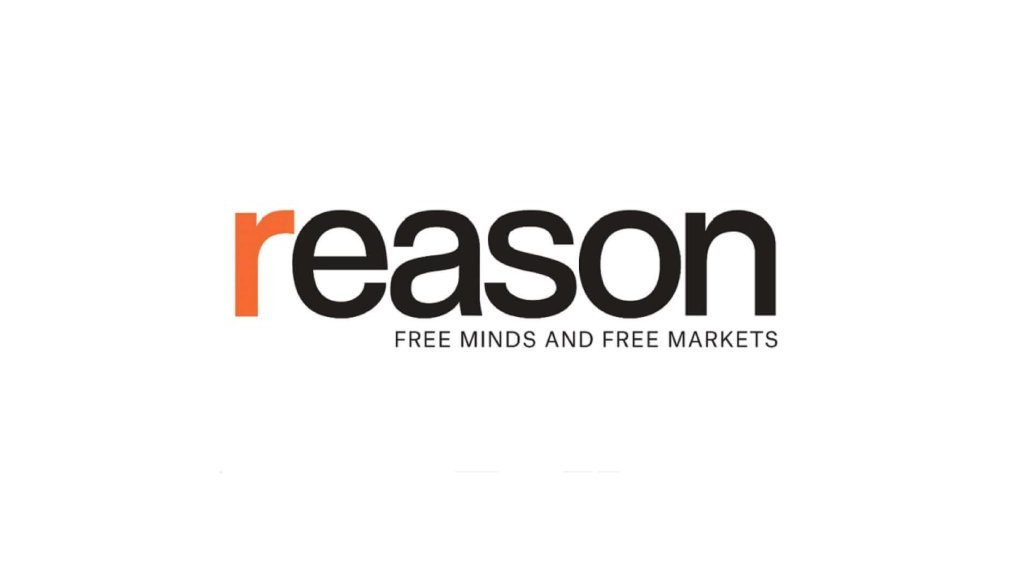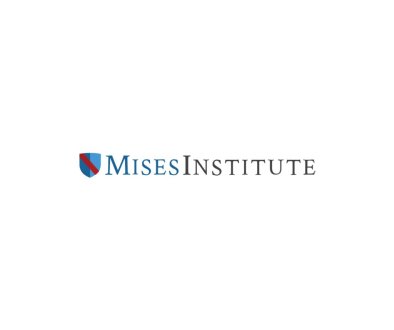The Three Real Questions That Come After Overruling Employment Division v. Smith
Fulton v. City of Philadelphia is about four years old. Yet, the Court seems no closer to deciding whether to overrule Employment Division v. Smith. Of course, three Justices were ready to do so in Fulton. But Justices Barrett and Kavanaugh had some questions about what would replace Smith. I honestly can’t even remember what those questions were. And I’m not sure how much they even matter. I think those questions were mostly filler–Barrett and Kavanaugh had to say something because they were unwilling to overrule Smith. If those questions were really so important, there should have been some subsequent writings to address the point. There haven’t been. Indeed Mahmoud went out of its way to avoid talking about Smith. I suspect that Barrett and Kavanaugh are content with Tandon, and now Mahmoud, which make it very unlikely that Smith will need to be revisited.
But, a lot of people still care about Smith. Religious liberty groups bring a steady stream of “Overrule Smith” cert petitions. So far, they’ve been denied. Sooner or later one of these cases may get a fourth vote for cert. And there is some hard work ahead for the Court.
Here, I will sketch three significant questions that would come after overruling Smith. Each of these questions is premised on a completely predictable outcome: once people realize that the Free Exercise Clause allows them to obtain exemptions from neutral laws, they will suddenly discover that their free exercise of religion is being substantially burdened.
To make things simpler, presume that the answers to each of these three questions will require the Court to change pre-existing doctrine. In other words, by overruling Smith, the Court can establish a new test for strict scrutiny. The Court would not simply restore Sherbert v. Verner or adopt the RFRA standard. This test can give the government a bit more leeway. In my view, many–but not all–of these views can be reconciled with existing doctrine. But this presumption will make the thought experiment simpler.
Many of these issues are discussed in my co-authored article on abortion and religious liberty. I think the moment for these sorts of free exercise claims under state RFRAs have largely petered out. The ability to obtain abortion drugs through the mails has made it unnecessary to raise these sorts of time-consuming and difficult free exercise claims.
Here are the three questions.
Question #1: What is a “religion”?
In Smith, Justice Scalia worried that the Sherbert test allowed every person to become a law unto himself. In other words, a person could gain an exemption from the law by dressing up his political, philosophical, or moral views in the garb of religion. Smith had a religious claim to using a controlled substance, but
Article from Reason.com

The Reason Magazine website is a go-to destination for libertarians seeking cogent analysis, investigative reporting, and thought-provoking commentary. Championing the principles of individual freedom, limited government, and free markets, the site offers a diverse range of articles, videos, and podcasts that challenge conventional wisdom and advocate for libertarian solutions. Whether you’re interested in politics, culture, or technology, Reason provides a unique lens that prioritizes liberty and rational discourse. It’s an essential resource for those who value critical thinking and nuanced debate in the pursuit of a freer society.




